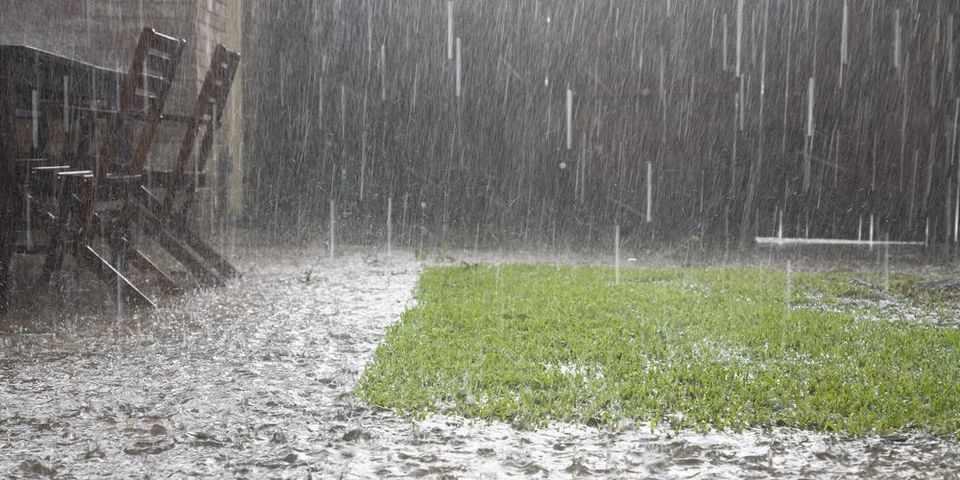How to Protect a Septic Tank From Heavy Rain

Basement flooding isn’t the only problem homeowners can encounter when it rains. Water also soaks into the ground, which can affect a septic system. Use the guide below to prevent problems from developing during a storm.
How Does Rain Affect a Septic System?
In the tank, waste is separated into sludge, scum, and effluent. The wastewater flows out into the drain field, where it is filtered through perforated pipes that disperse the liquid through the soil.
When it rains, the soil around the drain field becomes oversaturated. This makes it difficult for the pipes to release effluent evenly. The liquid may flow back into the tank as a result, flooding the chambers. If the tank is full, wastewater could back up into sinks and toilets. Effluent can also mix with rainwater, causing hazardous puddles to develop in the yard.
How Can You Prepare a Septic System for Heavy Rainfall?
 Regular maintenance prevents a full tank and rain-caused flooding. Schedule pumping service every three to five years to prevent sludge from accumulating in the tank and clogging the drain field lines.
Regular maintenance prevents a full tank and rain-caused flooding. Schedule pumping service every three to five years to prevent sludge from accumulating in the tank and clogging the drain field lines.
Additionally, don’t flush nonbiodegradable items down the toilet. For example, pills, dental floss, and tampons contribute to solid buildup in the tank, resulting in premature overflow.
If the forecast warns of a storm, cut down on how much water you use before it rains. This limits how much wastewater is in the tank, letting the system comfortably handle all effluent when the soil gets wet.
Contact the skilled technicians at Scott Robbins Septic Tank Service in Denton, NC, for septic pumping. With over 20 years of experience, they perform septic inspections and repairs to ensure your system is equipped to handle all weather conditions. Emergency services are available 24/7. Learn more about their work online, or call (336) 880-0859 for an appointment.
About the Business
Have a question? Ask the experts!
Send your question

